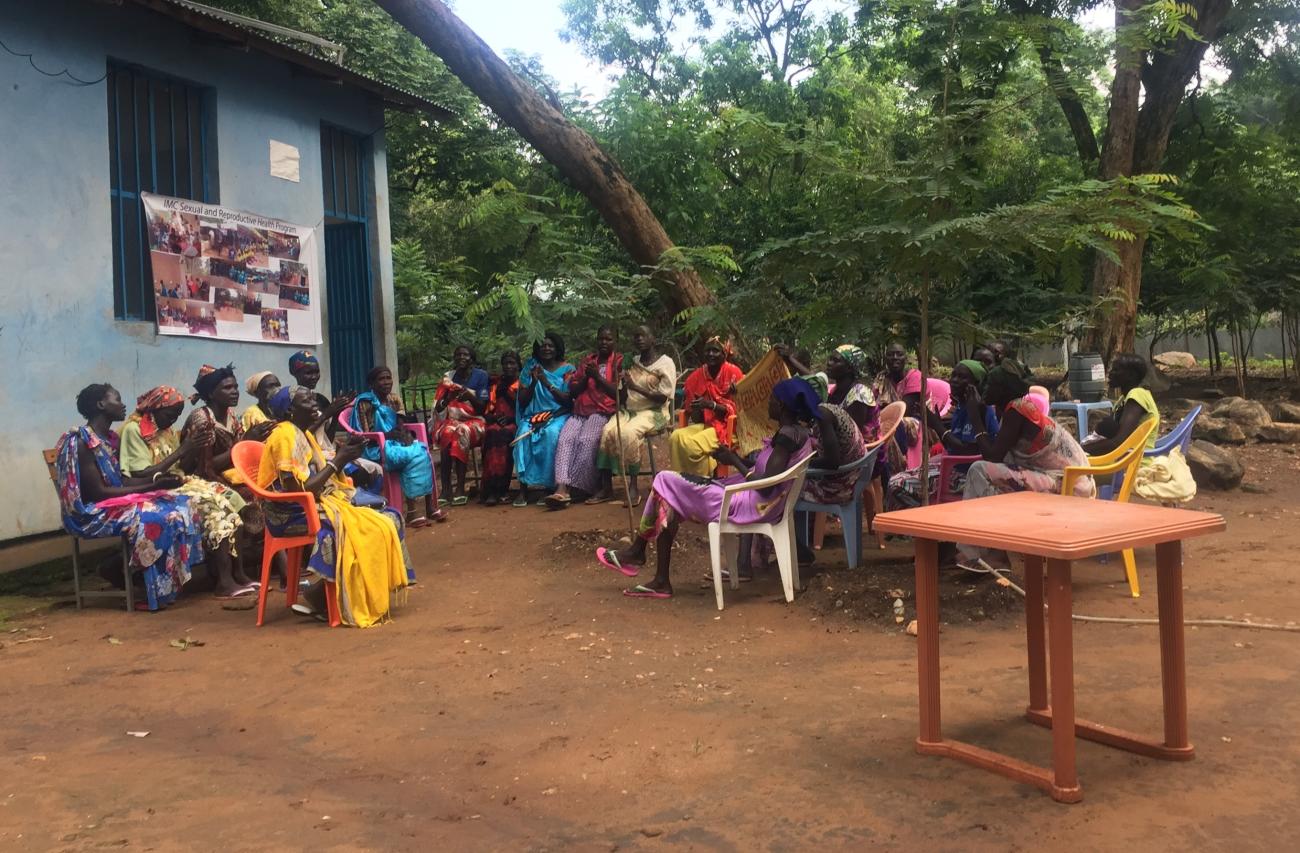Addressing Gender-Related Barriers affecting women’s Reproductive Health Rights

Nyarika Deng Ekuay, 47, a South Sudanese refugee who has lived in the Kule Refugee Camp since 2014.
She lives with seven family members. Nyarika is one of the influential people in the community that were selected and trained by the International Medical Corps, UN Women’s partner in implementing the POWER – Program on Women’s Empowerment in Sexual, Reproductive, Maternal, New-born, Child and Adolescent Health (SRMNCAH) rights in humanitarian settings in the Horn of Africa Region) - in the Kule Refugee Camp in Gambella Regional State.
After the training, Nyarika started supporting awareness raising activities on sexual and reproductive health by sharing information with members of the community. Nyarika said, "I was very happy to attend the training and engage in disseminating information on issues that are very critical for the well-being of women and children.”
After she took the different trainings, Nyarika continued providing useful and relevant information about sexual, reproductive, maternal, neonatal and child health to members of the community during different meetings and through home-to-home visits.
Through POWER, UN Women and partners successfully integrated SRMNCAH priorities in Ethiopia’s COVID-19 socio-economic response plans. In addition, Ethiopia’s Health Management Information System included gender related indicators, and UN Women actively positioned itself to provide technical expertise for future development and humanitarian response plans.
The Program also supported weekly webinars for CSOs and UN agencies on issues related to gender and COVID-19, which included issues related to SRMNCAH through the Network of Women’s Associations.
The POWER aims to address the gender-related barriers that prevent women, children and adolescents from demanding and realizing their rights to Sexual Reproductive, Maternal, Newborn, Child and Adolescent Health (SRMNCAH) services and to contribute to ensuring that every woman, every child, every adolescent girl, everywhere demands her rights to quality SRMNCAH services, particularly in humanitarian settings.
Through community outreach health promoters, 36,794 (29,386 females) individuals from refugee and host communities were reached out with SRMNCAH messages; 1,135 (1015 female and 120 male) received a two-day basic training on advocacy for SRMNCAH rights and service access; and 150 women selected from women leaders, adolescent groups, youth leaders, and women association leaders received leadership and advocacy training. Some 49 (42 F, 7 M) GBV agents and community workers in the region also received capacity building training on Sexual, reproductive maternal, child and adolescent health.


